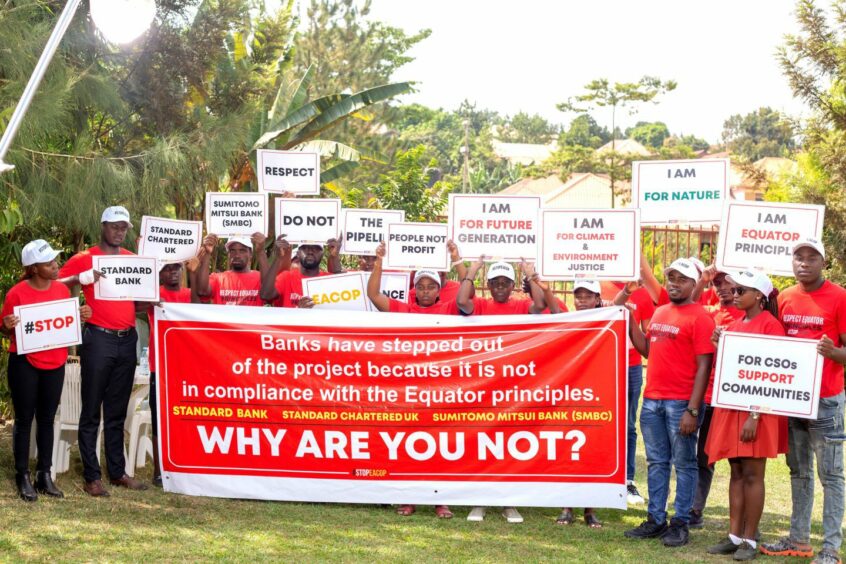
Insurance groups operating on the Lloyd’s of London market are “climate wreckers of last resort”, a new report has said.
Insurers on the Lloyd’s market provided $1.6-2.2 billion of fossil fuel premiums in 2022, or 9% of the world’s total, according to Insure Our Future’s seventh annual scorecard.
Lloyd’s brought in a policy covering coal, oil sands and Arctic resources in December 2020. However, it does not mandate compliance from its insurers.
There are major differences within those operating at Lloyd’s. The Reclaim Finance NGO has found that five of the largest agents – RiverStone, Chaucer, RenaissanceRe, Ascot and Aegis – take no stance on fossil fuels.
Others, such as AXA XL, Hannover Re (Argenta) and Munich Re have ruled out support for new oil and gas production.
Lloyd’s groups a number of insurers, giving it an oversize role. Differentiating between insurers puts Aegis as the largest insurer for the fossil fuel sector, with around $1.7bn of premiums. China’s PICC is second, with $1.45bn, and Russia’s Sogaz third with $950 million.
Insure Our Future aims to put the insurance industry under pressure to halt support for hydrocarbons. Progress is slow.
“While insurers’ climate commitments have accelerated the shift away from coal, they have not yet limited insurance capacity for the oil and gas sector in a significant way,” the report said.
Beyond upstream oil and gas projects, there has been progress. The report said “almost no insurers” had ended cover for mid- and downstream infrastructure. Only Hannover Re, it said, will not insure midstream facilities for new production any more.
ESG slippage
Some of the progress, on ESG in particular, has slipped.
At the COP26 meetings, in Glasgow, 31 insurance companies signed up to the Net Zero Insurance Alliance (NZIA). Most members have now left, though.
The report said these companies had “buckled under the political pressure” from the fossil fuel industry in the US. In May this year, a number of insurers received warnings from states that membership of the NZIA may be an “illegal boycott” under antitrust legislation. By the end of September, the report said 20 of the 31 NZIA members had left the group.
Insure Our Future’s global co-ordinator Peter Bosshard said that insurers were “now abandoning customers affected by climate risks, yet they continue to fuel the climate crisis by underwriting and investing in the expansion of fossil fuels”.
Protests are expected to take place on November 10, targeting insurance companies in London. The day is the anniversary of Ken Saro-Wiwa’s execution, and other members of the Ogoni people, in Nigeria. African themes are likely to lead, with the East African Crude Oil Pipeline (EACOP) plan sure to be in focus.

